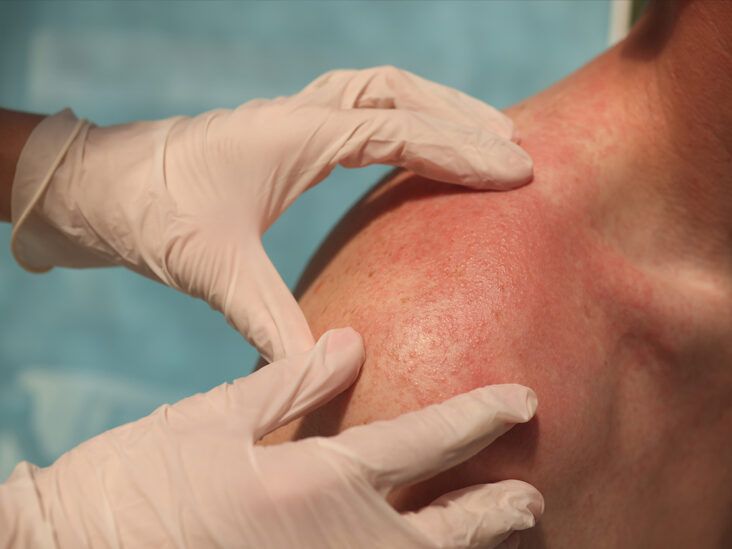Consult a professional about skin cancer risks and prevention methods.
Consult a professional about skin cancer risks and prevention methods.
Blog Article
Browsing Skin Cancer Cells Therapy: The Essential Function of Mohs in Modern Dermatology Practices
Skin cancer cells, a difficult diagnosis, usually leaves clients grappling with countless therapy options. As we discover the intricacies of this treatment, one will appreciate its pivotal function in skin cancer cells therapy.
Understanding Skin Cancer: Kinds and Threats
There are 3 primary types of skin cancer cells: Basal cell carcinoma, Squamous cell cancer, and Melanoma. It accounts for only regarding 1% of skin cancer cells cases however creates the vast majority of skin cancer fatalities. Risk elements include fair skin, background of sunburn, excessive sun exposure, living at high altitudes or close to the equator, having lots of moles, a family history of skin cancer cells, and damaged immune system.
What Is Mohs Surgery and How It's Reinventing Skin Cancer Cells Treatment
Regardless of the various therapies presently available for skin cancer, Mohs surgical procedure stands out as a groundbreaking and highly efficient remedy. Called after Frederic E. Mohs, the doctor that developed the treatment, Mohs surgery is an exact surgical method utilized to deal with skin cancer. This degree of accuracy, combined with the capacity to save as much healthy tissue as possible, is revolutionizing skin cancer treatment.
The Benefits of Mohs Surgery Over Standard Skin Cancer Cells Treatments
Building on the ingenious nature of Mohs surgery, it's essential to consider its many advantages over conventional skin cancer cells therapies. Unlike conventional treatments, Mohs offers a higher remedy price, frequently getting to 99% for new treatments and 94% for persistent cancers cells. Additionally, it reduces damages to healthy and balanced skin, leading to less scarring and enhanced cosmetic end results.
The Treatment of Mohs Surgery: What to Expect Throughout the Refine

Prospective Adverse Effects and Post-Operative Treatment of Mohs Surgical Procedure
Going through Mohs surgery, like any kind of other operation, involves possible side impacts that patients need to be conscious of. Common side effects consist of pain, bruising, and swelling at the surgery website. Nonetheless, these are generally momentary and convenient with non-prescription pain medicine and cold pack. In unusual instances, patients may More Info experience infection, blood loss, or a sensitive reaction to the regional anesthetic. my sources Post-operative treatment is crucial to healing and decreasing adverse effects. This normally entails keeping the wound clean and completely dry, taking recommended medications, and avoiding laborious tasks. Patients ought to likewise go to all follow-up appointments for wound care and monitoring. Sometimes, additional treatments may be essential to ensure complete removal of the cancerous cells. Complying with these post-operative care standards can greatly enhance recuperation and end results.
Verdict

Report this page